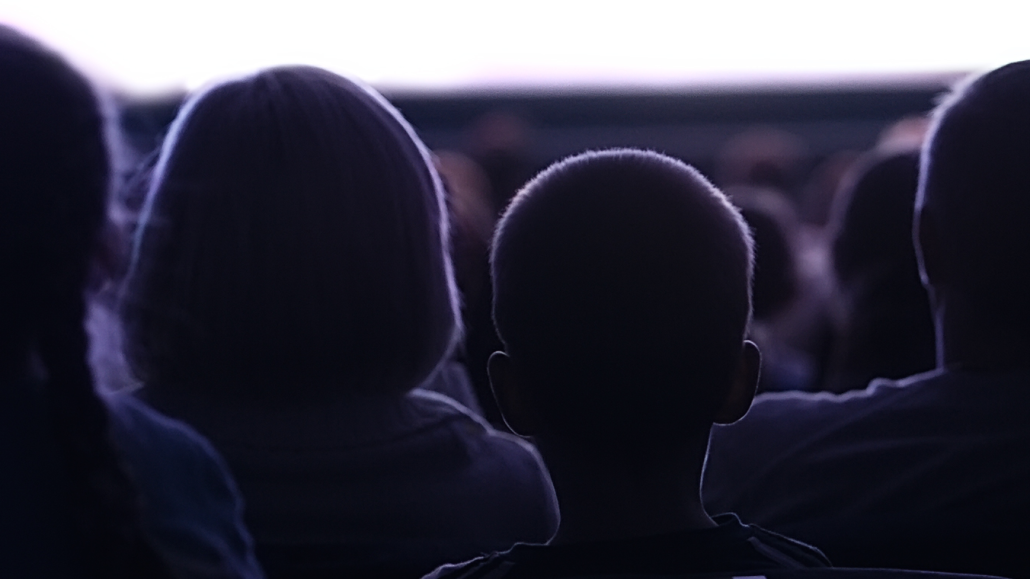Save 50% on a 3-month Digiday+ membership. Ends Dec 5.

This article is part of our Confessions series, in which we trade anonymity for candor to get an unvarnished look at the people, processes and problems inside the industry. More from the series →
At many brands and agencies, the PR people perform many roles, from controlling public access to executives to keeping huge egos in check and making sure goals are realistic. In the latest Digiday Confessions, we traded anonymity for honesty with a PR professional who said brands still have a lot to learn about being transparent and that all the diversity talk is a lie.
What’s the one thing brands don’t get about PR?
It’s never been faster than today. And there are more options for people to control the message: We can do exclusives, we can announce it on our own blog, we can do a press conference, we can just tweet it.
But some things are the same. The knee-jerk reaction in a crisis is still to figure out how much they can withhold. But the hard part is changing that mindset to not just talk about transparency but be transparent. Brands and agencies have to be willing to say, “We fucked up.”
What about agencies?
Agencies want to be differentiated. But all agencies sound the same. They’re all the “leading independent” or they all “work to create world-class brands” or they’re the “next-generation studio.” None of it means anything. That makes my job harder.
What’s the one thing agencies don’t get about your job?
Agencies want me to understand them but also want me to drink the Kool-Aid. So if you’re paying me to help you, I’ll believe in what you’re doing. But I’m not drinking the Kool-Aid.
Give me an example.
One time, we were all meeting with the creatives and the agency; we’d just won something pretty big. The leadership was so psyched. They showed us the mood boards, the storyboards, the tagline. I’m not bullshitting you: They looked me in the eye and said, “This is the best campaign ever. And we’re going to get on Oprah.”
What did you do?
I laughed. I thought everyone knew that for one, Oprah didn’t even have a show any more and, two, she works on her own network and her big thing is spirituality and peace. Not advertising. They were so upset. My theory is this happens because brands treat agencies this way — like they should drink the Kool-Aid — so agencies treat everyone else this way too. My other theory is every chief creative secretly wants to be in Hollywood but isn’t, so he tries to make his job bigger than it is.
Ad position: web_incontent_pos1
What’s the biggest lie in the business?
That agencies care about diversity. I have worked in this business for decades. You step into any office, and it’s all white men. I can’t tell you how many agencies I work with that talk a big game about diversity. There are a few more women now, but ethnic and cultural diversity still is a ways off. If agencies have a “diversity initiative” in place for 18 months, how can they not hire enough people?
Why is this happening?
Money has something to do with it. Starting salaries are $35,000 in PR, creative, wherever. That goes up. I’ve made six figures for a while. Senior vps will easily make $200,000 or $300,000 inside agencies and brands both. But the starting salary is low. So, if you don’t come from a wealthy family that can front you rent money, you can’t be in the business. I really don’t think it’s conscious biases. But we create systems that don’t allow different people to enter.
What about the other part of your job, the press?
The press doesn’t know the pressure we’re under until they all come to do PR, which a lot of them do. Feedback goes very far for us. And I do want to be helpful. But agencies treat the press like God. If they could, agencies would just pay them under the table. They just covet and want agency profiles. Listen, agencies have tons of money to spend and they’re cool, creative with smart minds in the business. They just need to use it differently sometimes.
More in Marketing

Ulta, Best Buy and Adidas dominate AI holiday shopping mentions
The brands that are seeing the biggest boost from this shift in consumer behavior are some of the biggest retailers.

U.K. retailer Boots leads brand efforts to invest in ad creative’s data layer
For media dollars to make an impact, brands need ad creative that actually hits. More CMOs are investing in pre- and post-flight measurement.
Ad position: web_bfu
